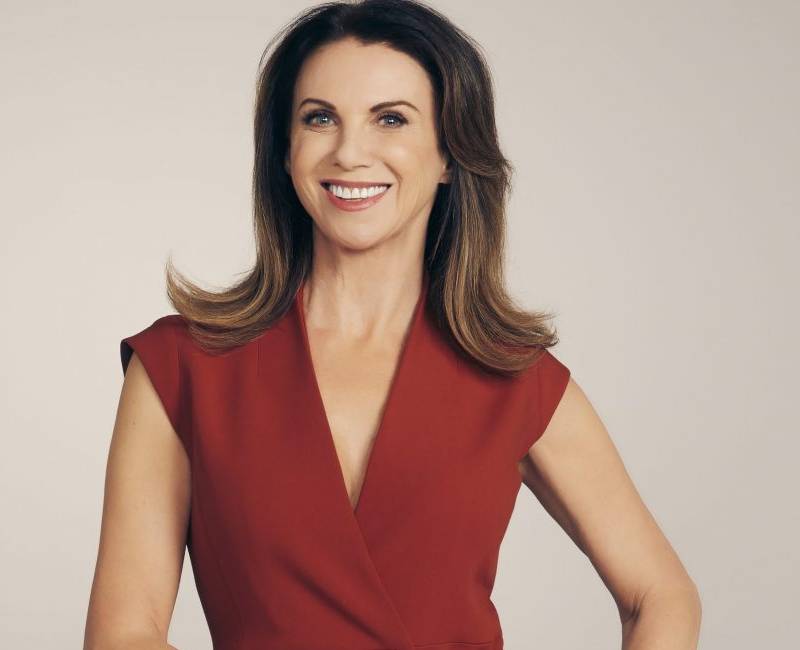This article about unequal love first ran as my column on The MailOnline but I got so many emails following it, I wanted to give it a permanent home on my website.
Your heart still flip-flops when you hear your partner’s key in the door years after you met.
Their idea of being demonstrative on a milestone birthday is an impersonal present and a kiss on the forehead.
When ‘I love you’s’ are exchanged, most people assume that means you will both love each other equally as much.
But the truth is, around one-fifth of people experience ‘unequal love’: when one person loves more than the other.
Unequal love is different than unrequited love. It’s not that your partner doesn’t love you at all.
It’s when one loves the other desperately and utterly, feeling they wouldn’t survive if the relationship ended. And their partner loves back but far less intensely or passionately.
If that’s sounds like a dynamic you don’t fancy being on the wrong end of, you aren’t alone.
With one in eight relationships under strain because of the lockdown, couples are realising things about each other that they didn’t see before.
Recognising you are way more invested in your relationship than your partner is can be quite sobering.
To put it mildly.
Does love have to be even to work?
There’s a saying in couple’s therapy that goes something like this: Don’t look for someone to love, look for someone who will love you the way you want to be loved.
The first time I heard this, as a first-year psychology student, I was like ‘What? What the hell does that mean?’.
It didn’t take long to discover just how wise these words are.
The second thing I remember vividly from my early studies was a research experiment where married men were asked to do something to show their wife they loved her.
Almost half washed her car.
I remember rolling around laughing when I heard that, thinking ‘How clueless are these men? Where did they get them from?’.
Now I know the two concepts are not only strongly linked, washing someone’s car takes a lot more effort than ordering a bunch of flowers, so is far more impressive than it initially sounds.
Falling in love and staying in love might sound ridiculously easy and natural but it’s a far more complex, intricate dance that you might think.
Can you measure love?
Actually, yes.
While a lot of studies rely on self-reporting, there is hormonal evidence, brain imaging studies and other reliable study methods that researchers use.
One (2013) study broke love down into different elements like dependency, intimacy, commitment, sexual desire and frequency, attachment and care giving.
Few people analyse exactly how their partner loves them – but nearly all of us know, inexplicably, in our guts, if our partner does love us as much as we love them.
Realising they don’t, can make us feel anything from indignant to humiliation and despair, depending on just how wide that gap is.
But does it mean you’re doomed if your love is uneven? Should you always leave if you think your partner isn’t as in love as you are?
Not necessarily.
Here’s two good reasons why.
Love ebbs and flows in any relationship
Love isn’t a constant thing: sometimes we adore our partner, sometimes (during a row) we feel raw, pure hatred, other times indifference.
Relationships go through good times and bad times.
If you’ve just been given a longed-for promotion, you might throw yourself into work with gusto, putting your relationship second for a while.
This doesn’t mean you love your partner less than you did, just that your priorities shift for a while.
If your partner’s upset you – cheated, behaved badly, let themselves go, started drinking or smoking heavily – this will affect how you feel about them at that particular time.
Even people in love develop crushes and have flirtations, making their partners seem less exciting than usual at times.
On the more positive side, getting pregnant, buying a house, going on holiday: all can make us fall back in love or feel more in love.
It’s entirely usual for one of you to love the other more now and then at different ages and stages of your relationship.
For most people, this isn’t a problem because it evens up over time.
The other reason why unequal love might not actually BE unequal love is that…
People express love differently
We all have our own ‘love language’: our own, individual way of expressing love.
There are five ways most people do this.
The first is ‘words of affirmation’: telling them we love them.
Some people are verbose, articulate at expressing their emotions and frequently tell their partner they love them.
Others feel love just as intensely but don’t feel the need to tell their partner they love them all the time.
Men, particularly, often express love by ‘acts of service’: the washing their partner’s car scenario.
Picking up your partner from work, moping their brow when they’re sick, cooking dinner. These are all ‘acts of service’.
The third way is by spending ‘quality time’ with your partner. Putting your phones down, talking and listening, going for a date or a walk together.
Physical touch – holding hands, kissing, touching, having sex – is another obvious way we show love.
Finally, there’s the more traditional way of expressing love by giving presents.
The love languages theory isn’t an exhaustive list but it’s a workable way to help couples understand that not everyone expresses love in the same way.
All of us have a primary love language: a preferred way of the five that seems to come naturally to us. Ideally, you’d have more than one.
Problems start if your love languages are dramatically different – and you’re not convinced your partner’s counts as much as yours.
Personally, I’m far more impressed by an ‘act of service’ than a box of chocolates but I know plenty of people who place huge importance on gifts.
Realising that there really is no ‘right’ or ‘wrong’ way of expressing love is one of the secrets to a happy relationship – and it can be an innocent explanation as to why one person feels less loved than the other.
Fixing the imbalance might be as simple as asking your partner to show love in your preferred way.
Neither of these scenarios is ringing true for your situation?
Here’s some other things to think about.
Ignore social media and rom-coms
Don’t be conned by silly film plots or boastful posts of over-the-top romantic gestures. They are the exception not the norm.
Besides, one of the biggest studies on married people found it was the little things, like making a cup of tea, that meant the most for long-term happiness.
Ask your partner outright how much they love you
If your partner loves you but isn’t terribly good at showing it, they’ll still be upset and concerned that you feel unloved.
If they can’t be bothered discussing how to make you feel more secure, they don’t love you at all.
Ask them to change the way they love you
Give a list and be specific about what you need and want.
Don’t say, ‘I want you to be more romantic’. Most people instantly think ‘flowers and a card’ and that’s it.
Spell it out for them. Say, ‘Hold my hand when we’re walking along. Come and check on me when we’re at a party. Sit next to me on the sofa when we’re watching telly’.
How will any of this mean anything when you’ve told your partner what to do and it’s not come from the heart?
Because your partner hasn’t been taught how to express love in the way you want to be loved.
You’re simply teaching them how to do it, in the same way you’d teach your partner how to cook if they didn’t know how.
Expressing love is a skill.
If this doesn’t work, consider visiting a therapist for their view and input on how to even the scales.
The other option is this.
Decide if you can live with it
The same way some people turn a blind eye to a partner cheating because they’d rather live with an unfaithful partner than live without them, you might choose to accept the difference.
Some people are always the ones who love more in relationships. They’re naturally more needy and expressive and like doing things for their partner, more than they like doing things for themselves.
If you honestly don’t mind the dynamic and your gut tells you your partner loves you as much as they’re capable of, relax.
But if it’s demolishing your self-esteem and making you feel insecure and depressed, you’re better off breaking up and finding someone who does love you in the way you want to be loved.
One final point.
Is it unequal love or no love at all?
If your partner treats you badly or puts zero effort into the relationship – and never has – you’re in a toxic relationship.
Walk, don’t fix.





